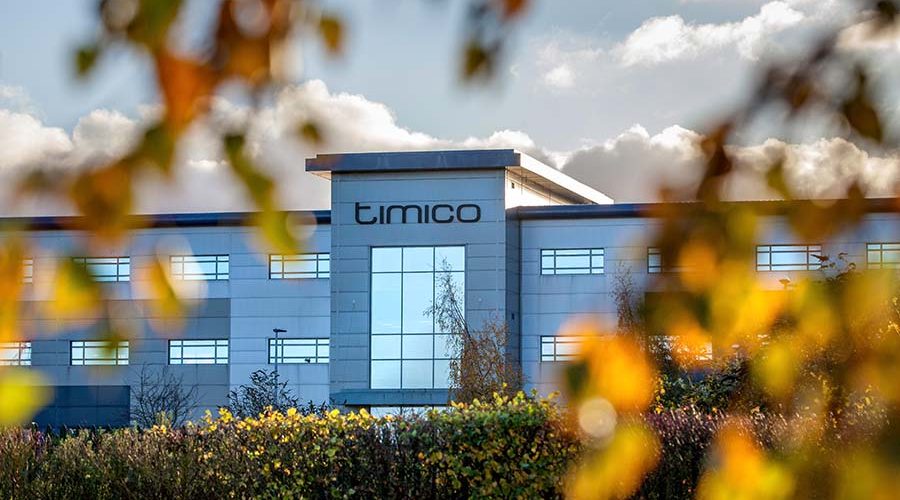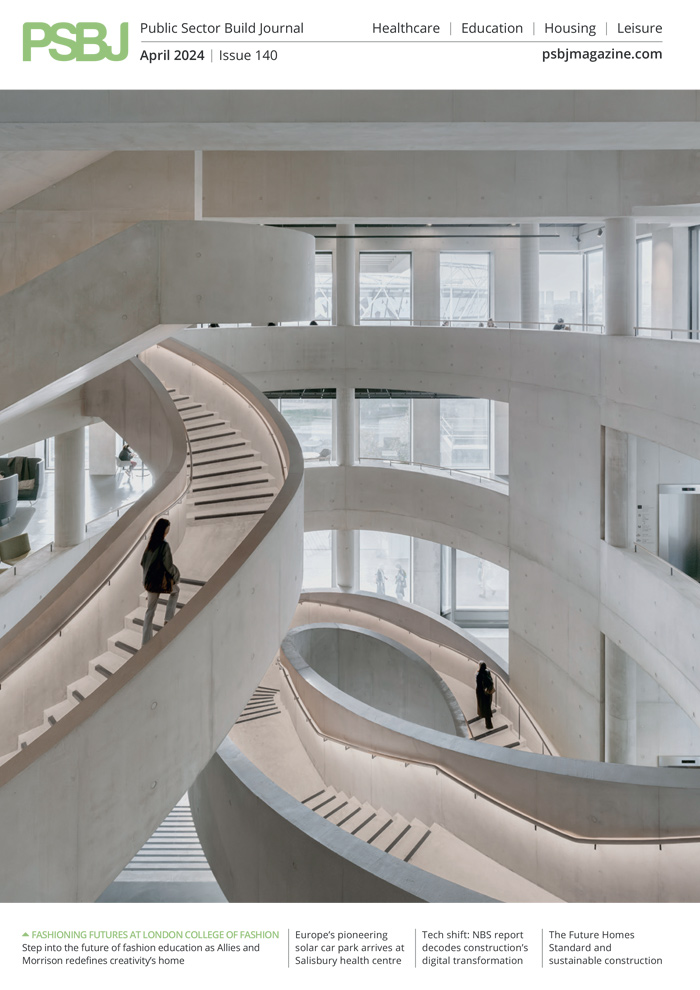With COVID-19 expected to create a long-lasting impact across social housing, Martin Riley, Chief Technology Officer at IT-managed service provider, Timico, discusses how the sector needs to utilise technology now to ensure its tenants get the best possible service.
Timico
The core aspect of social housing has always been to provide a suitable roof for people and families in need. However, the global pandemic has brought an operational and financial burden to the sector.
According to the National Housing Federation, there are 1.6 million households on the social housing waiting list across the UK. This, alone, has created laborious casework processes, increased digital inventory and asset management, as well as data protection requirements. In addition, 100,000 affordable homes now need to be built each year, but this can be a slow and inefficient management process.
As a Government-approved supplier on the G-Cloud Framework, Timico understands the challenges that the public sector and social housing industry is facing. Whilst technology may not be able to directly address the issues facing the sector, it can certainly assist and ensure the highest level of service is being provided.
The right digital strategy
With the social housing industry facing more financial strain than ever before, upgrading technology is often the last item on the agenda. However, every area of the sector, from construction work to customer care, is now having to adapt to a new way of working and means of interacting with consumers and suppliers. Technology, such as cloud-based software, has become pivotal to this.
When digitalising the business processes, it becomes evident that a cloud-based digital infrastructure is often the best value for money. It allows some or all of an organisation’s network capabilities and resources to be hosted in a public, private or hybrid cloud platform. Cloud-based solutions can be managed either in-house or by an IT-managed service provider like Timico.
Cloud-based services are particularly beneficial for enabling performance, accessibility and flexibility when remote working. It offers reliable connectivity and tools so multiple employees can access internal documents from any location, by accessing the server on an office desktop. Therefore, users can work at the same productivity levels, even if they aren’t in an office. Furthermore, the ability for teams to work on one central, shared document anywhere enhances both group collaboration as well as communication.
Virtual support
Online video conferencing platforms, such as Microsoft Teams and Zoom, allows social housing providers to maintain face-to-face contact with any tenant, who has also enabled the same tool on their mobile, tablet or computer.
Even though conversations are held virtually, the video platform has proven to be beneficial in cutting down long processes, helping tenants to be housed faster and raise any questions easily. Being able to solve a query quickly, through video and instant message, speeds up time-to-resolution while ensuring the tenant does not feel isolated during this challenging time.
Employees can also access business telephone numbers and functionality wherever they are, enabling them to stay in contact with colleagues, and keep them updated on processes and activity when required.
For social housing associations currently undertaking construction work, such as repairs or new builds, video call platforms have also proved useful for implementing virtual site visits. Organisations can observe a walk-through tour, recorded via a web-based video conferencing application, without being on site. It enables them to provide greater input despite COVID restrictions, contributing to projects being finished on time and on budget.
With so many benefits to day-to-day working, it is no surprise video conferencing platforms, like Microsoft Teams and Zoom, saw tremendous growth when the UK first went into lockdown in March 2020. Teams soon became the fastest growing Microsoft application.
Data management
Social housing associations are often required to handle and manage sensitive and confidential material. It is important that this data is protected, and the privacy of tenants is respected.
However, this is easier said than done. Cyber criminals are getting increasingly clever with targeting strategies, and employees working from home are more vulnerable to security threats. In fact, since the onset of COVID-19, 92% of UK organisations have admitted to experiencing an increase in cyber-attacks.
Therefore, it is vital to have effective security solutions in place to protect data and infrastructure and colleagues from being targeted with ongoing threat monitoring and detection.
Security solutions do not need to be heavy on the purse. IT solution providers can offer additional protection through providing phishing prevention, web security protection and multi-factor authentication, all with a distributed workforce. Cloud-based solution Microsoft 365 is also designed to give greater reliability by enabling users to share files and data securely.
Despite the current challenges associated with COVID-19, social housing providers have the ideal opportunity to deliver a high level of service to tenants and keep all aspects of the organisation connected, productive and secure.
With the right technology in place, providers will have the freedom to focus their time and effort on what they do best – helping people.









